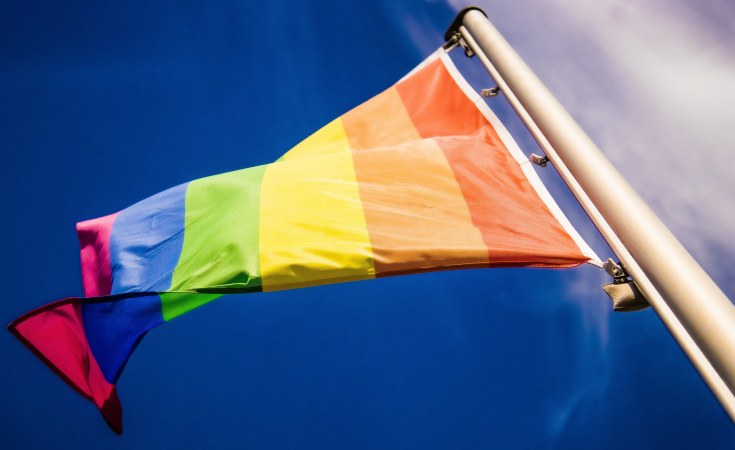GENEVA — Ahead of IDAHOBIT, commemorated worldwide on 17 May, UNAIDS is calling on governments everywhere to protect the human rights of LGBTQ+ people. Protecting the human rights of every person, UNAIDS research shows, is essential for protecting public health, because it enables inclusive and equitable access to health services without discrimination.
The movement for human rights for all has made important progress. For example, whereas, at the start of the AIDS pandemic, most countries criminalized LGBTQ+ people, now two thirds of countries do not.
However, more than 60 countries still do while another 20 countries criminalize gender expression and identity.
“Stigma, discrimination and criminalization can be lethal,” said Winnie Byanyima, Executive Director of UNAIDS. “In the response to HIV, we have learned that a human rights-based approach is critical in responding to a health crisis and leaving no-one behind. Countries must remove these discriminatory criminal laws and introduce legislation which protects rights if we are to end AIDS as a public health threat for everyone.”
Discrimination, violence and criminalization force many LGBTQ+ people underground and away from health services; as a result, gay men and other men who have sex with men, and transgender people, are more affected by HIV. Globally, in 2022, men who have sex with men were 23 times more likely to acquire HIV, and transgender women 20 times more likely to acquire HIV than other adults aged 15–49.
Criminalization of LGBTQ+ people in particular causes significant harm to health. In sub-Saharan Africa, men who have sex with men in countries where they are criminalized, are five times more likely to be living with HIV than in countries that do not criminalize same-sex sexual behavior.
As a recent Lancet Commission report demonstrated, violations of human rights have multiple damaging impacts on public health. Treating people as criminals drives people away from vital services for fear of arrest and discrimination, resulting in them not accessing HIV prevention, treatment and care. In addition, strict anti-LGBTQ+ laws have been associated with a lack of knowledge about HIV testing and HIV status.
“For far too many people in our LGBTQ+ communities and beyond, the most basic things are still too far from reach, because of the discrimination, stigma, and violence they face every day,” said the international lesbian, gay, bisexual, trans and intersex association, ILGA World, co-Secretaries General Luz Elena Aranda and Tuisina Ymania Brown. “This is why they are rallying behind an urgent cry: ‘No one left behind: equality, freedom and justice for all,’ reminding us of the importance of rejecting discriminatory laws, policies, and attitudes.”
Criminal laws that discriminate on the basis of sexual orientation and gender identity are a breach of the right to privacy and non-discrimination and impede the HIV response. UNAIDS calls on all states to repeal such laws and to introduce legal protections against discrimination on the basis of sexual orientation.
UNAIDS, the World Health Organization, the United Nations Development Programme, and the Global Commission on HIV and the Law have made the same recommendations, as have the Office of the United Nations High Commissioner for Human Rights and several other United Nations agencies.
UNAIDS stands with LGBTQ+ people everywhere who are facing hate, discrimination and marginalization, and calls for an end to their criminalization.


